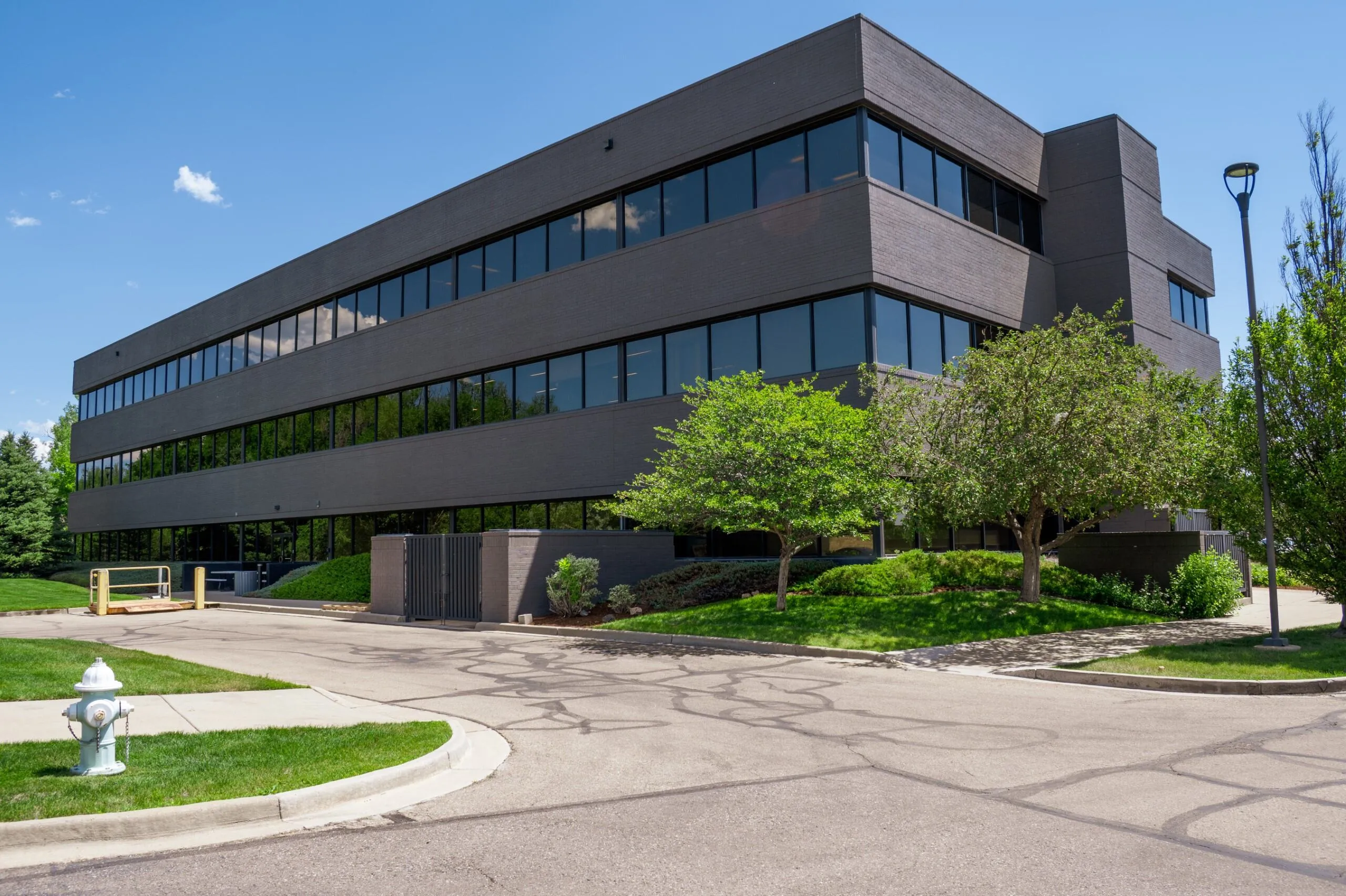Kalinski: Property tax assessments are going to hit Boulder Valley hard
People with fixed incomes are getting hit right where it counts — their monthly payment.
This May, homeowners in Boulder County will receive news that the valuation used to calculate their property tax is expected to go up 35% or more. On one level, confirmation that our homes (read investments) are worth more sounds great. While we know what has happened to our property values over the past couple of years, this is still going to be a surprise. If you look under the surface, the vast issues arising by such a change are disturbing.
Those with fixed incomes, or close to it, might be faced with the unthinkable question, “Can I afford to continue living in my house?” In real estate, we assist people with finding a home that they can afford, and that answer typically resides in the monthly budget. A change such as this could add hundreds of dollars to monthly budget expense columns.
SPONSORED CONTENT
There are growing sentiments that the tax levy, and other policies, should be adjusted this year to alleviate some of the hardship this is going to cause. If our legislators agree to select a lower levy or provide some other assistance, it may just give homeowners a little more time to brace themselves. First, we may need to ask how far does the impact of this increase reach? Surely retirees and those who just bought their first home will be at great risk, but these risks threaten to affect a much wider group of us.
Let’s consider some other at-risk members of our community:
Those who had to invest heavily in their businesses during COVID to stay afloat. There are many who haven’t yet fully recovered and certainly some who incurred some extra monthly payments on the leverage they used to survive.
Marshall Fire victims are leveraging to build new homes and attempting to settle into neighborhoods once again. They are often taking out bigger mortgages to recover without sufficient insurance proceeds. The house they are building will be new and worth more — causing the tax liability to skyrocket. This has a compounding effect on monthly payments.
Insurance rates have recently seen an incredible increase as well and will serve to team up against the homeowner’s monthly budget.
Landlords who have been criticized for raising rates may not have the money to cover increases in taxes and insurance. To cover their new escrow payment each month, they must raise rental rates once again.
I believe most of us understand that over time prices will rise, and our real estate will be worth more. The issue at hand is whether the rate of such an increase ends up disrupting our ability to pay for our homes. It isn’t like our buyers purchased homes they couldn’t afford. Most bought homes they could continue paying for as long as those payments stayed the same. Typically, home appreciation does not change our monthly payments by very much. We now look at a scenario where these compounding demands may challenge even the most conservative of homeowners.
| Township | Increased % |
| Boulder | 35% |
| Gunbarrel | 40% |
| Erie | 41% |
| Lafayette | 40% |
| Louisville | 42% |
| Longmont | 36% |
| Niwot | 43% |
| Superior | 40% |
| Mountains | 35% |
| Plains | 45% |
Jay Kalinski is the owner of ReMax of Boulder and ReMax Elevate.
People with fixed incomes are getting hit right where it counts — their monthly payment.
This May, homeowners in Boulder County will receive news that the valuation used to calculate their property tax is expected to go up 35% or more. On one level, confirmation that our homes (read investments) are worth more sounds great. While we know what has happened to our property values over the past couple of years, this is still going to be a surprise. If you look under the surface, the vast issues arising by such a change are disturbing.
Those with fixed incomes, or close to…



